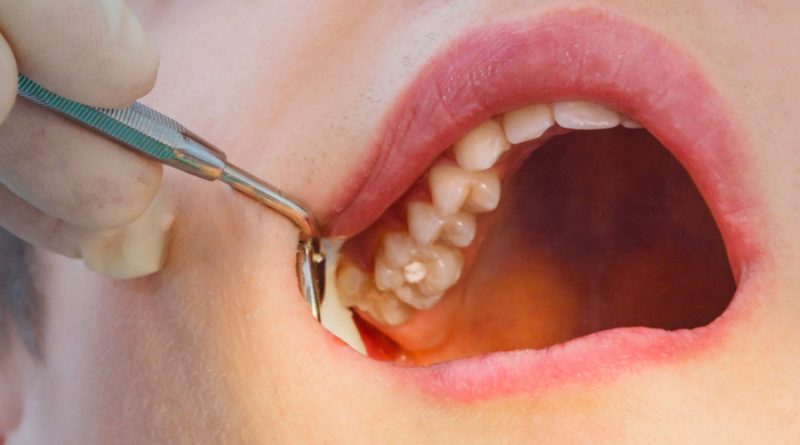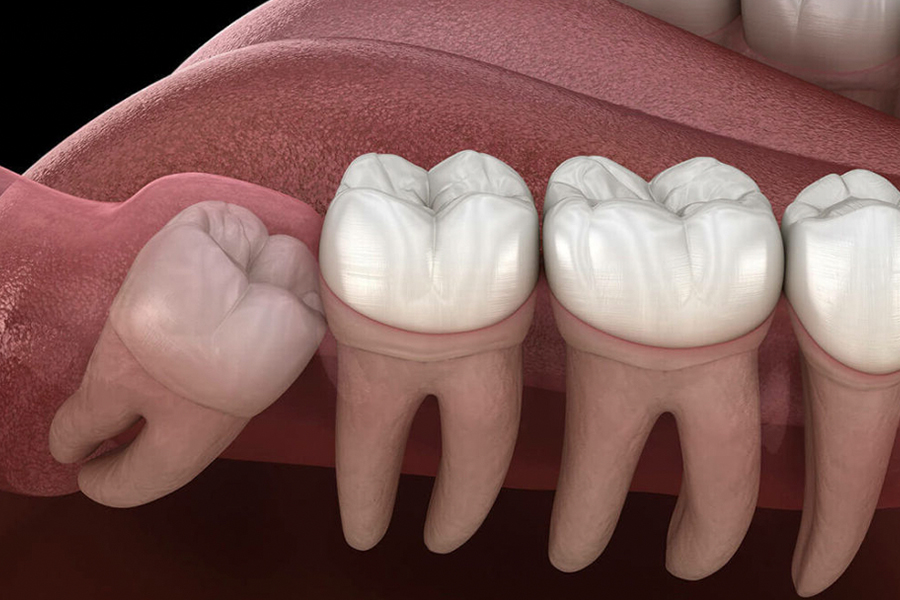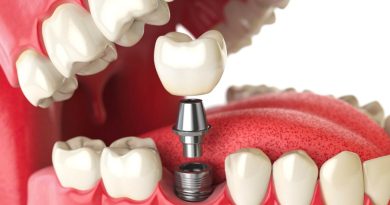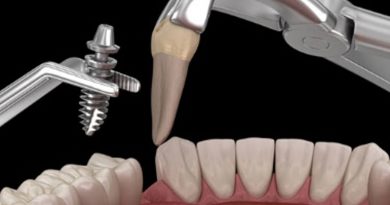The Last Set of Our Teeth
The growth pattern and position of wisdom teeth within the gum can significantly influence the ease or difficulty of tooth extraction. If wisdom teeth are fully grown, extracting them is a routine procedure similar to other teeth extractions. Your dentist or surgeon can evaluate the condition of your teeth and provide informed predictions about the necessary steps. Fully grown wisdom teeth are relatively easy to extract. However, if the teeth are stuck inside the gums, a surgical incision may be necessary to remove them. In the case of an impacted tooth, the surgeon may need to shave some parts of the jawbone before extracting the tooth. According to a professional dental specialist performing top wisdom teeth removal in Mississauga, this procedure is typically performed under local anesthesia to minimize pain and discomfort. It’s essential to seek treatment from a qualified and experienced dental professional to ensure a safe and successful procedure. Understanding the different approaches to wisdom tooth extraction can help patients prepare and make informed decisions about their dental health.
What to Do Before the Surgery
Your regular or general dentist will provide you with special instructions before your wisdom tooth extraction procedure. If you seek help from an oral surgeon, you can expect a painless wisdom teeth extraction with better results. Your dentist or surgeon will share vital information to prepare you for the necessary dental treatment or procedure. For example, they may ask you to fast before your dental appointment, which means you can only eat something for a specific time before the surgery. It’s essential to stop eating before your dental surgery to remove wisdom teeth. Additionally, dentists may prescribe antibiotics to prevent dental and oral infections.
Furthermore, you will need someone to take you home after the procedure. Most people need someone to drive them home after the removal procedure. Therefore, it’s important to arrange transportation with a friend or family member. During the procedure, you will receive anesthesia, and you will feel tired and sleepy. It’s essential to have someone with you to ensure your safety and comfort.
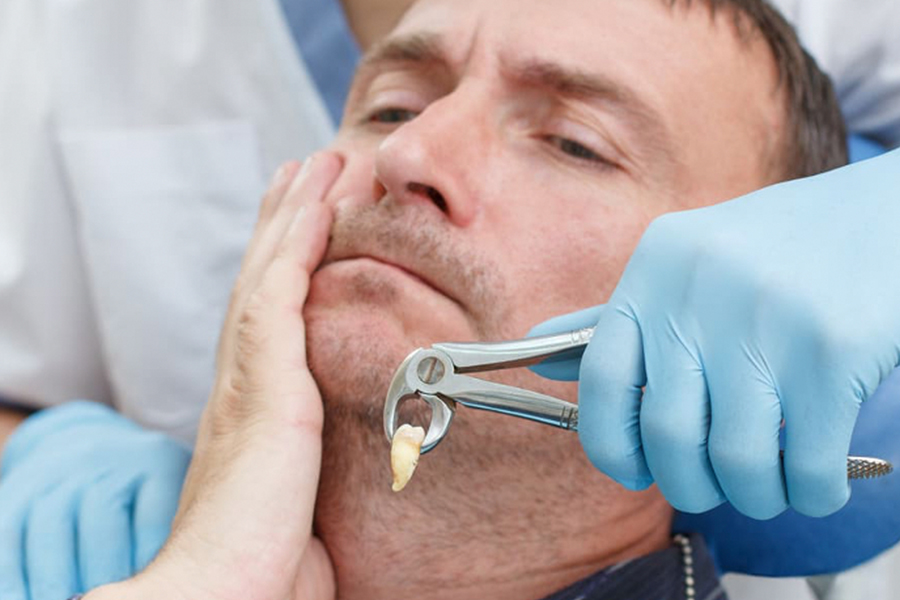
What to Do After the Surgery
The recovery time after wisdom tooth extraction varies depending on the complexity and type of surgery. Typically, it takes around 3 to 4 weeks for the gums to heal completely. However, if the jawbone is damaged during the surgery, it may take up to six months to recover fully. It’s important to consider the necessary care after the procedure to ensure proper healing, which includes:
– To prevent bleeding during the first 24 hours, you can moisten sterile gauze and apply pressure on the affected area for about 45 minutes to stop the bleeding. Alternatively, you can use teabags to help form blood clots and stop bleeding.
– In the case of impacted wisdom tooth surgery, the surgeon may suture the gums for faster healing. If these stitches are not absorbed, you should visit your dentist to have them removed.
– Swelling of the face is a common complication after wisdom tooth extraction. To reduce swelling, you can apply an ice pack on the affected area for 10 minutes at a time, as often as needed during the first 24 hours.
– Antibiotics may be prescribed before and after the surgery to prevent bacterial infections around the teeth, and painkillers may be prescribed to manage pain after the procedure.

